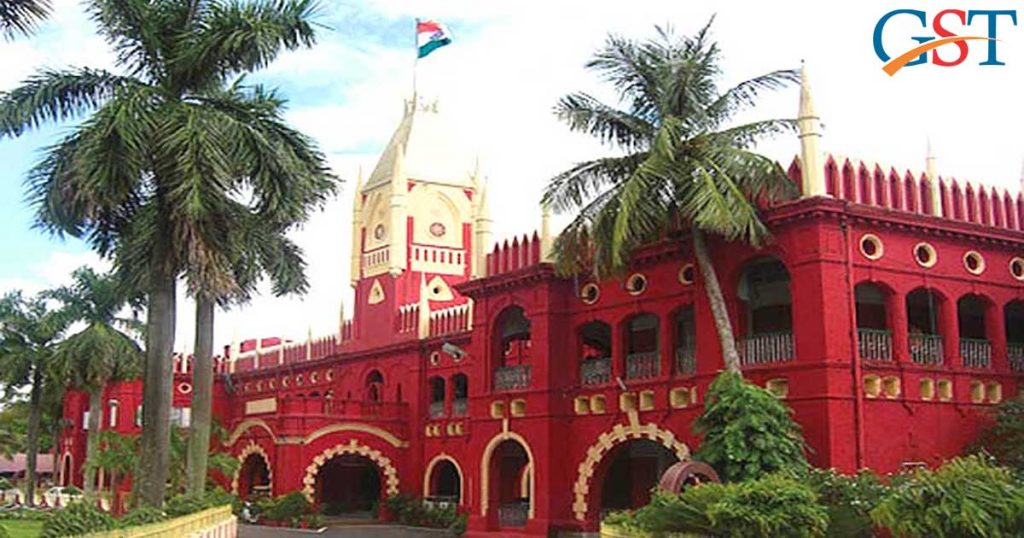
The realtor making shopping mall has got the conclusion about clogged credit under the goods and services tax (GST) regime from the Orissa High Court. This shopping mall construction company is contented with the decision as the court has approved input tax credit to it. The issue has been cleared up under Section 17 (5) (c) and (d) of the CGST Act and akin sections under the Orissa GST laws.
A claimant, Safari Retreats Ltd, is a Bhubaneswar based popular Service Provider of Real estate development and mall construction. The petitioner, being disgruntled about the tax authorities’ rejection for the input tax credit on the construction of an immovable/stationery property which would be allocated on rent, appealed to the Orissa High Court challenging the same. HC approved the ITC to the company, as the company is paying GST on the rental income which is getting out of his investment on which he has already paid the GST.
Read Also: High Court Takes Action For ‘Blocked Credits’ Under GST
According to the Orissa High Court “If the assessee is required to pay GST on the rental income arising out of the investment on which he has paid GST, it is required to have the input tax credit on GST.”
The broader view of the Orissa HC towards the input tax credit is undeniably beneficial for businesses involved in the construction of properties with the purpose of allocating them for rent.
The stagnant credit under the goods and services tax (GST) reign for realtor companies engaged in the construction of commercial spaces or multiplexes to further letting it on lease or rent, is an important matter. Recently, many such companies have moved to Delhi High Court to get conclusion over the akin issues.
The matter of contention could be ironed out under Section 17 (5) (c) and (d) of the CGST Act and alike sections under the corresponding state laws. But these sections do not permit input tax credit for goods and services availed for the manufacturing of immovable property on own account. So real estate companies have petitioned the Delhi High Court to overrule the provisions of Section 17 (5) (c) and (d) of the CGST Act and alike provisions in the Delhi GST Act.
Now the ball is in the court of Delhi high court which has already issued notices to the Union government, the GST Council and the Delhi government, to sort the matter ASAP.
A counsel for petitioners in Delhi High Court, Abhishek Rastogi who is a partner at Khaitan & Co, expressed his views in this regard saying that the main objective of the GST is the smooth flow of credits but the sections are contrary to the main essence of the GST and therefore has been questioned by the construction companies.
The tax authorities, going as per Section 17 (5) (c) and (d) of the CGST Act, concluded that Input Tax Credit should not be given in these cases as the property given on rent or lease is possessed by owners and not by a tenant or lessee. This conclusion was made despite the law of GST imposition on rent and lease.
“The entire controversy revolves around the phrase ‘on own account’ and the rules of interpretation will come into play before deciding whether real estate players will be eligible to claim the input tax credit,” Rastogi said.